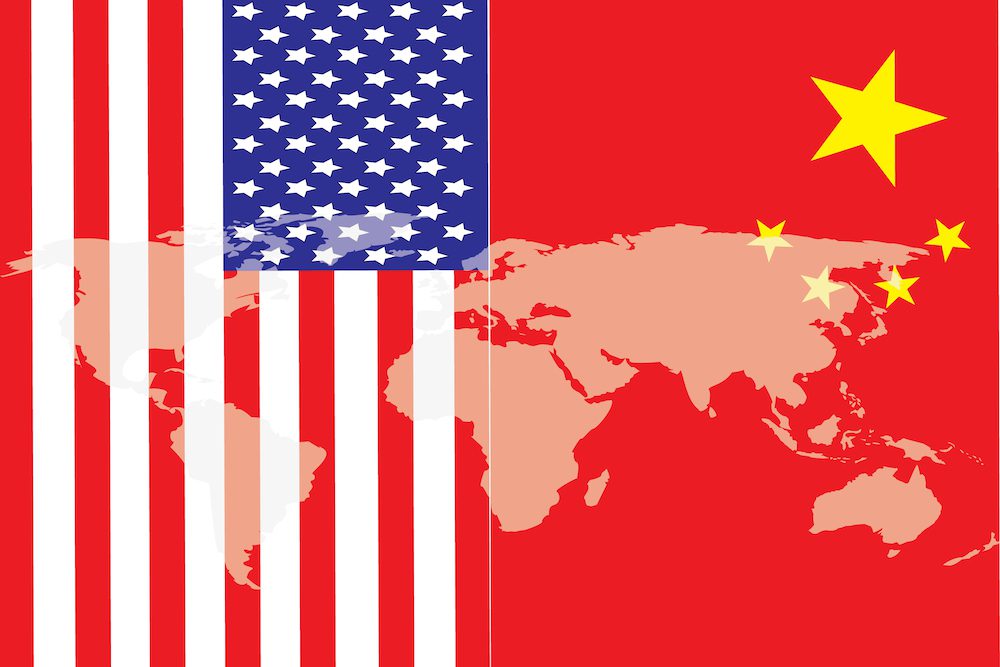An Aggressive China Policy Is a Recipe for More Endless Wars

Robert Farley explains why the U.S. can’t end endless wars if it pursues an aggressive China policy:
The problem is straightforward: Any effort to characterize China as an existential threat to the United States necessarily implies a level of conflict that will (as it did during the Cold War) provide justification for U.S. intervention anywhere in the world. The solution for a less interventionist foreign policy is not to play up the threat of Beijing in the hopes the U.S. will stop intervening elsewhere, but rather to carefully rethink what constitutes a threat to U.S. core values, and what the United States must sacrifice to meet that threat.
The open-ended wars that the U.S. has been fighting for the last two decades were the result of exaggerating a relatively small, manageable threat (i.e., terrorist attacks) into a major global menace that required massive resources and frequent military interventions in many different countries. One can only imagine how much worse things will be if the U.S. replaces its militarized overreaction to terrorism with a militarized overreaction to the Chinese government. A hard-line China policy not only increases the likelihood of conflict between the U.S. and China in East Asia, but it is also likely to encourage more interference in the affairs of other countries that have close relations with China.
If a U.S.-China rivalry follows the pattern of other great power rivalries, that would involve trying to subvert client governments through proxy wars and coups and sometimes intervening directly to overthrow those clients. Policymakers would predictably claim that peripheral countries are actually vitally important and must be “defended” or pulled into our orbit. Hawkish pundits would write articles about “who lost Malawi” and explain why it was absolutely “crucial” to American security that we prop up a dictator in Uzbekistan. The U.S. would wage wars for “credibility” and refuse to end them for the same reason.
One could argue that rivalry with China need not be global and could be confined to East and Southeast Asia, but the tendency with these sorts of policies is towards expansion. Kennan’s original idea of containment was never intended to justify waging wars of choice in Asia, but it was almost immediately expanded to apply everywhere even when no real U.S. interests were at stake. A China policy that sought to “contain” China would almost certainly expand in the same way. If someone thinks there can be an intense rivalry with another major power but that it won’t become heavily militarized, I refer you to the record of U.S. foreign policy for the last seventy years. All of this has happened before, but it doesn’t have to keep happening.
Constant meddling and interventionism are driven by an overly expansive definition of U.S. interests, threat inflation, and a strategy of pursuing global dominance. The meddling and interventionism won’t lessen if Washington identifies a different adversary to obsess over. The only things that might change will be the names of the countries that the U.S. sanctions and bombs.
If we want a more peaceful and less interventionist foreign policy, we have to challenge and reject the assumptions that lead the U.S. to interfere in conflicts that have little or nothing to do with us. The first steps in doing that involve rightly identifying what our vital interests are and accurately assessing the threats to those interests. If we do that, we will recognize that China poses much less of a threat to the U.S. than China hawks claim, and we will see that increasing hostility towards China is not in the interests of our country or the interests of our major allies.
Comments